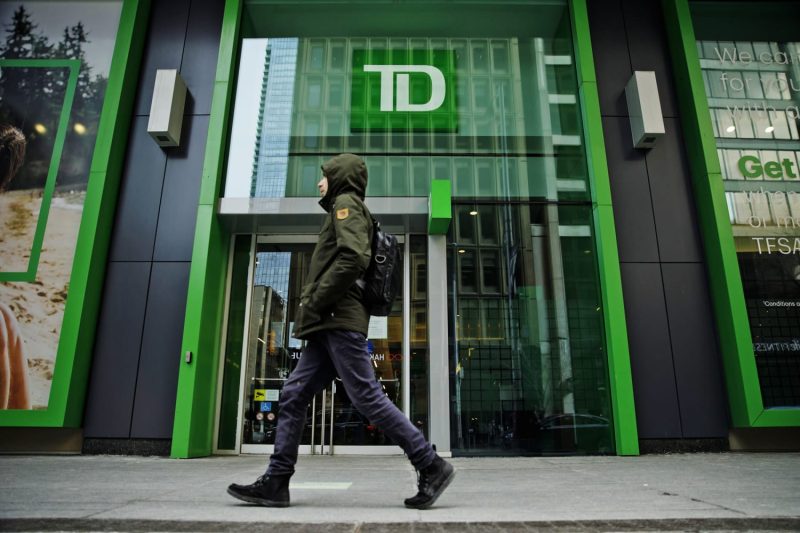TD Bank Pleads Guilty in Money Laundering Case, Will Pay $3 Billion in Penalties
Background of the Case
TD Bank, one of the largest financial institutions in North America, found itself entangled in a money laundering scandal involving billions of dollars. The case brought against the bank revealed a sophisticated scheme that allowed illicit funds to flow through the bank’s system undetected for years. This revelation shocked the financial industry and raised concerns about regulatory oversight and the effectiveness of anti-money laundering measures.
The Circumstances Leading to the Guilty Plea
The investigation into TD Bank’s money laundering activities uncovered a systematic failure in the bank’s compliance and oversight protocols. According to the authorities, the bank’s anti-money laundering controls were inadequate, allowing criminals to exploit loopholes and move illicit funds across borders with ease. The lack of proper monitoring and reporting mechanisms enabled the illegal activities to go undetected for an extended period, resulting in severe consequences for the bank.
The Impact of the Guilty Plea
As a result of the guilty plea, TD Bank will pay a hefty penalty of $3 billion to settle the charges brought against it. This significant sum reflects the severity of the violations and serves as a deterrent to other financial institutions engaging in similar illicit activities. The financial penalty will not only affect TD Bank’s bottom line but also tarnish its reputation in the industry and among its customers.
Furthermore, the guilty plea has highlighted the need for stricter regulatory oversight and enforcement of anti-money laundering laws. It has prompted discussions within the financial industry about the importance of robust compliance programs and the responsibility of institutions to prevent money laundering and terrorist financing activities.
The Road Ahead for TD Bank
In the aftermath of the money laundering scandal, TD Bank faces a long road to rebuild trust with regulators, customers, and the public. The bank will need to implement significant changes in its compliance and oversight practices, including enhancing monitoring systems, conducting thorough due diligence on customers, and strengthening internal controls to prevent future lapses.
Moreover, TD Bank must work to restore its reputation as a trusted financial institution committed to ethical business practices. Transparency, accountability, and a strong commitment to compliance will be crucial in regaining the trust of stakeholders and rebuilding its brand in the aftermath of this scandal.
In conclusion, TD Bank’s guilty plea in the money laundering case and the subsequent $3 billion penalty serve as a stark reminder of the importance of vigilance and compliance in the financial industry. The case underscores the need for robust anti-money laundering measures and effective regulatory oversight to combat illicit financial activities and protect the integrity of the global financial system. As TD Bank navigates the aftermath of this scandal, it must prioritize compliance, transparency, and accountability to rebuild trust and restore its reputation in the industry.

